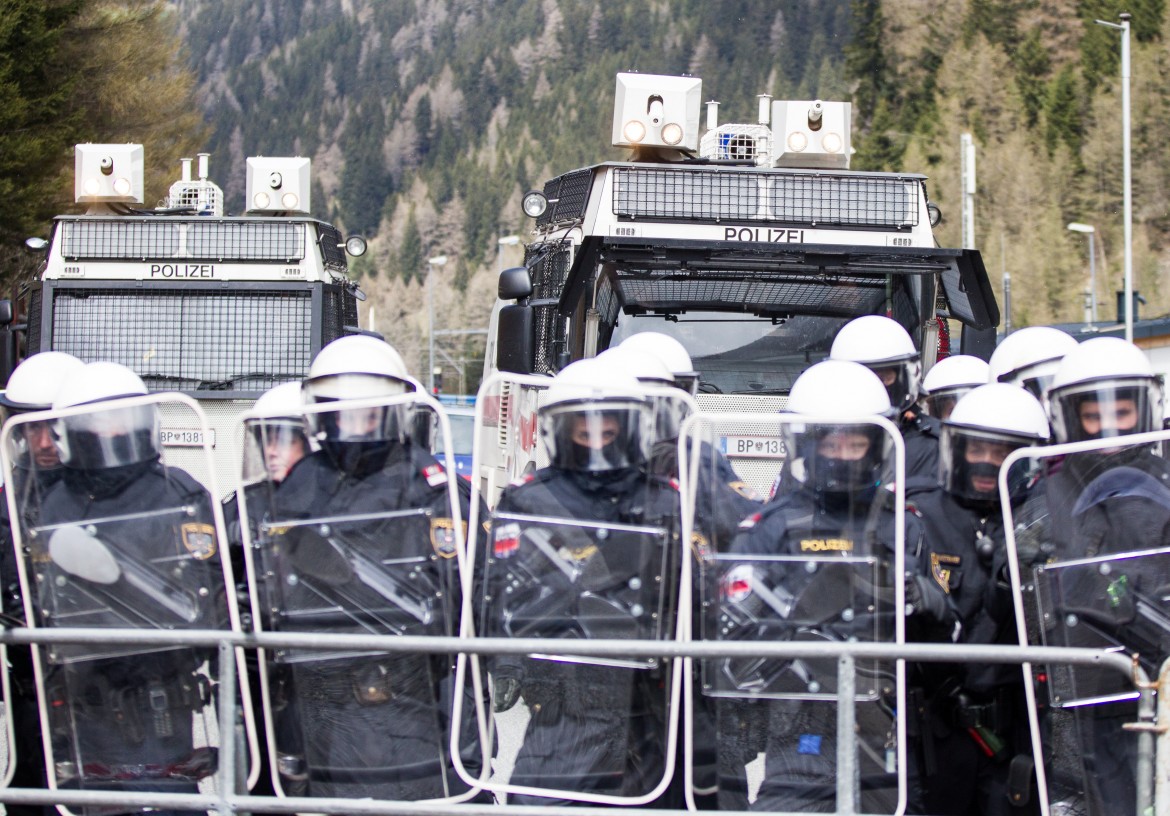Commentary
Why European interior ministers are dominating foreign affairs
In this situation of verbal and physical violence, the xenophobic ranks have swelled. Not because they were based on some racial philosophy or cultural conception of identity, but because blaming migrants is the simplest way to acquire consensus and power.

Amid the barbarization of Europe, the leaders are heading toward a summit on June 28. Pick any random political leader to get an idea of how poisonous the air of the Old Continent has become.
The British Justice Minister is proposing to tackle the post-Brexit exodus of EU workers by replacing them with national prisoners. Denmark, already at the forefront of the harassment of migrants, wants to ban the practice of circumcision. Austria is conducting military exercises on the border to prepare for an imagined invasion of migrants. The German Minister of Internal Affairs Horst Seehofer (CSU), as part of his Bavarian electoral campaign, is strong-arming Angela Merkel into hardening the German borders and limiting asylum seekers, policies the chancellor has always considered incompatible with the nature and values of the Bundesrepublik. Italy’s Matteo Salvini has closed the ports and opened his mouth to repeat threats and obscenities. Everyone is trying to create a harsh environment for migrants.
One of the perverse effects of rising nationalism is that foreign policy is being outsourced to the ministers of internal affairs. They monopolize the debate on the treaties, negotiate with non-European countries (e.g. Libya, Turkey), condition relations between European countries, fragmenting them into alleged ‘axes’ or alliances, and impose their own geopolitical fantasies. It is a direct consequence of the primacy afforded to national interests, understood above all as a screen or protection from the supranational political community and from others in general. The idea of the nation is perhaps the most classic example of the universalisms that turn into their contraries, thus developing into a latent or explicit conflict between particular claims that are not much amenable to mediation.
Nowadays, the European Union is sinking because of the crossfire of Donald Trump’s American nationalism and to its internal national tendencies. Starting from Eastern Europe, these national tendencies not only reject migrants, but also are fostering social ideas that are very different from those we knew in Western Europe after the war.
Therefore, we should focus on the nature of this barbaric, unpredictable change. Xenophobic discourse, and even more racist discourse, has something indomitable and uncontrollable. Marginal political forces triggered these discourses in a widespread disorientation generated by productive transformations and in the attack on wages and living conditions that accompanied them. They considered the possibility to propose a nationalist and authoritarian solution to gain a central position. Consequently, the migrants have been the easiest target to strike.
Thus, in this situation of verbal and physical violence, the xenophobic ranks have swelled. Not because they were based on some racial philosophy or cultural conception of identity, but because blaming migrants is the simplest way to acquire consensus and power. Once the angry dog of racism is awakened, it will be necessary to continue to feed its inexhaustible hunger.
At this point, the discrimination-persecution-expulsion of migrants becomes an inescapable condition of consent. Any failure on this front would render nationalist leaders as traitors of the country. Therefore, the leaders will continue to express cynicism, brutality, solutions and increasingly grotesque staging.
On the other hand, with more hypocritical tones and tortuous arguments, even the left believed it could regain consensus through intolerance toward migrants. It proposed the idea, denied by any historical experience, that by blocking migratory flows, racism and xenophobia would naturally disappear and that the “real citizens,” restored to the center of attention by their government, would show gratitude.
From all this we can only find an ominous prognosis. In other words, Europe is increasingly hostage to the nation states, by their vetoes and by the demagogy that prevails in the national politics. In addition, nation states are increasingly hostage to radicalized right-wing forces, which want to impose an “us” to drown the social contradictions and consolidate the hierarchical order that is in the nature of every nationalism.
Originally published at https://ilmanifesto.it/la-politica-estera-riserva-dei-ministri-degli-interni/ on 2018-06-19
